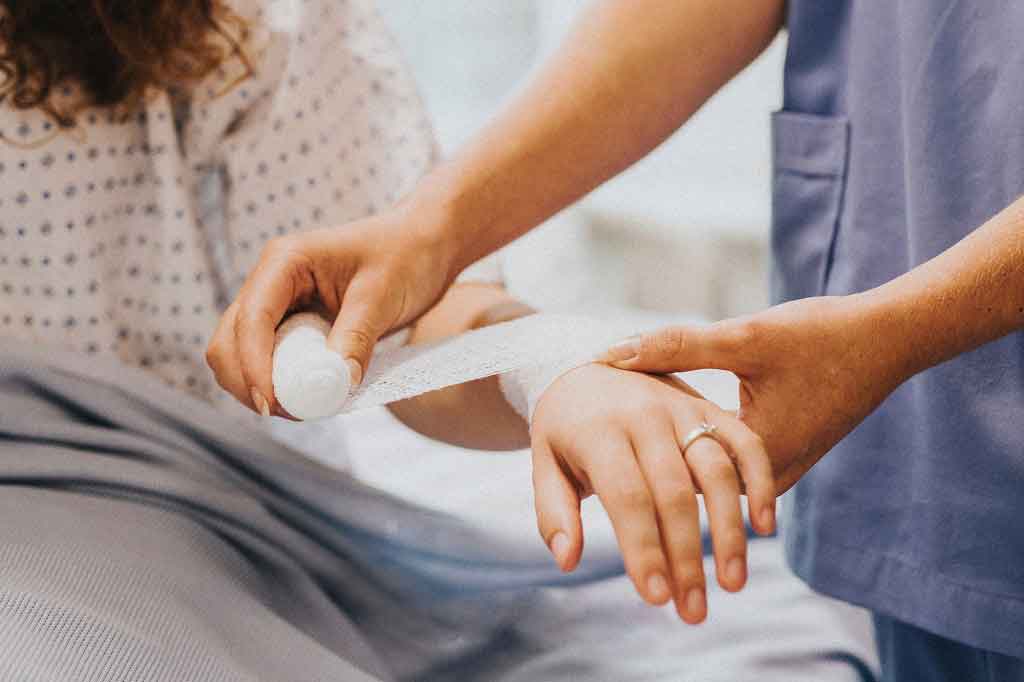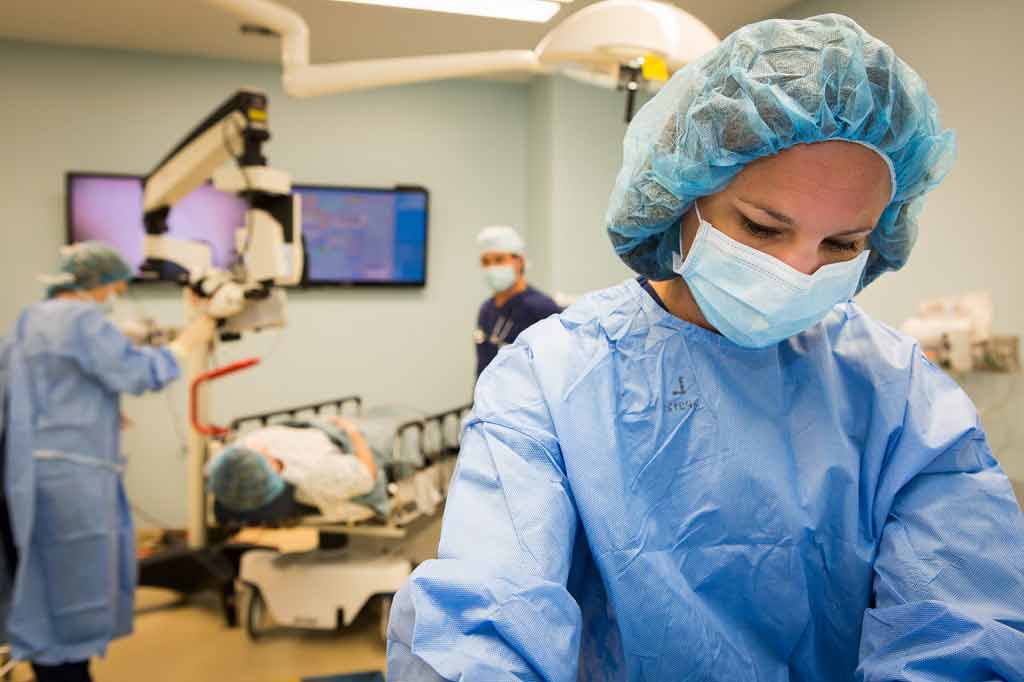Slim evidence vitamin D supplements benefit IBS symptoms
Medical practice

'Daily dose of vitamin D eases agonising IBS and even benefits sufferers' mental health, study finds' the Mail Online reports
"Daily dose of vitamin D eases agonising IBS and even benefits sufferers' mental health," is the optimistic headline from the Mail Online.
Irritable bowel syndrome (IBS) is a common but poorly understood condition that causes symptoms such as constipation, diarrhoea and stomach cramps.
Both IBS and vitamin D deficiency are common in the western world. Some studies have reported links between the two, so this review set out to gather the available evidence on this to date.
Researchers found a number of people with IBS are vitamin D deficient – something that could probably also be said of many people who don't have the condition.
One of the studies involved just a single woman from the UK, who reported her symptoms improved after taking supplements. This doesn't exactly provide much in the way of evidence.
The other trials did little to shed any light on whether vitamin D can help IBS symptoms. One UK trial found no evidence that vitamin D was better than placebo (dummy treatment).
Two small Iranian trials did find a benefit, but these were very different (one included very high dosage vitamin D supplements) and it's not certain how applicable the results are.
The researchers conceded that the evidence they have gathered on the benefits of vitamin D for IBS is slim, and call for better and larger studies into the issue.
Most of us would benefit from taking a vitamin D supplement at the daily recommended dose during the autumn and winter months.
Read more about the vitamin D guidelines.
Where did the story come from?
The study was carried out by researchers from the University of Sheffield. It was funded by the University of Sheffield and BetterYou Ltd, a company that makes vitamin D supplements.
Two of the researchers declared having authored two of the systematic reviews included in this study.
The study was published in the peer-reviewed European Journal of Clinical Nutrition.
The Mail Online's reporting of this study is quite poor. The statement "even benefits sufferers' mental health" seems to be based on the fact that some of these studies looked at quality of life as the outcome.
None of the studies included in this review performed mental health assessments. And there also wasn't any good evidence that supplements "ease agonising IBS".
What kind of research was this?
This systematic review aimed to look at the available evidence to see whether vitamin D plays a role in IBS.
Several studies to date have looked into whether vitamin D deficiency possibly plays a role in IBS, but so far the evidence hasn't been fully appraised.
A systematic review is the best way of collating evidence to look at whether a particular exposure or intervention is linked with an outcome. But the findings are only as good as the quality of the studies included in the research.
What did the research involve?
The researchers describe systematically searching literature databases to identify any studies published up to August 2017 that included the terms IBS and vitamin D.
But no methods are given for the inclusion and exclusion criteria or quality appraisal.
A total of 7 studies were included, comprising 4 observational studies and 3 randomised controlled trials (RCTs).
The results of these studies aren't pooled in a meta-analysis, but are outlined instead.
What were the basic results?
One observational study involved just one woman from the UK who had IBS.
She took 50 to 100mcg of vitamin D3 daily and her IBS symptoms improved (the recommended dose for most people is 10mcg).
This study also described online blogs and forums involving 37 other people with IBS – 70% said their symptoms improved after taking vitamin D.
Another study from Saudi Arabia screened 482 people with IBS for possible coeliac disease and found that two-thirds were vitamin D deficient.
A separate case-control study of 100 people from Saudi Arabia found 82% of those with IBS were vitamin deficient compared with 31% of controls.
And a US study reviewed the medical records of 170 young people with IBS (aged 6 to 21 years) and found more than half were vitamin deficient.
One 12-week UK RCT randomised 51 vitamin-D-deficient people to either 7.5mcg vitamin D3 plus probiotics, 75mcg vitamin D3, or placebo.
Researchers found vitamin D levels and quality of life increased in all 3 groups, but there was no significant difference between the groups.
Another 6-month trial randomised 85 people from Iran to either 1,250mcg (1.25g) vitamin D3 or a placebo every 2 weeks.
The researchers found vitamin D levels increased in the supplement group only, which was associated with a significant improvement in IBS symptoms and quality of life, but there was no reported improvement in bowel habits.
The final 6-week trial, also from Iran, included 100 people randomised to either take soy isoflavones and vitamin D, soy isoflavones and placebo, placebo and vitamin D, or 2 placebos.
People who took either soy isoflavones or vitamin D saw a decrease in IBS symptoms.
How did the researchers interpret the results?
The researchers concluded: "The available evidence suggests that low vitamin D status is common among the IBS population and merits assessment and rectification for general health reasons alone.
"An inverse correlation between serum vitamin D and IBS symptom severity is suggested and vitamin D interventions may benefit symptoms."
But they rightly caution that the data is limited and "the available RCTs do not provide strong, generalisable evidence; larger and adequately powered interventions are needed to establish a case for therapeutic application of vitamin D in IBS".
Conclusion
This systematic review found a few studies that suggest a link between IBS symptoms and low vitamin D levels, with some studies finding IBS symptoms improved when people took vitamin D supplements.
But although this possible link is worth investigating further, the evidence is currently very limited. The results seen in this study are an extremely mixed bag taken from studies of questionable quality.
The observational studies mainly just show that a number of these people with IBS also had a vitamin D deficiency.
But you could select many other samples of people with IBS and find they have sufficient vitamin D levels, or other people who don't have IBS but who are vitamin D deficient.
It's not possible to say these small samples of people with IBS are representative of all those who suffer from the condition worldwide.
And you certainly can't conclude from these one-time observations that low vitamin D levels have caused their symptoms.
The Iranian trials found some evidence supplements improve symptoms, but they were quite small and one involved people taking very high levels of vitamin D.
Little is known about the methods and quality of these studies, or whether the results would apply to people in the UK.
This was a systematic review, so all relevant literature on the topic should have been included. But a more comprehensive description of the methods would have been beneficial.
Overall, the findings of this review don't provide good evidence that taking vitamin D supplements will help IBS, or that low vitamin D levels are the cause of IBS symptoms.
This doesn't change the fact that many people – with or without IBS – are at risk of vitamin D deficiency.
During the spring and summer months, people should be able to get all the vitamin D they need from natural sunlight.
People are advised to consider taking a 10mcg supplement daily in the autumn and winter.
Children aged 1 to 4 should take a daily 10mcg supplement all year, and breastfed babies under 1 year old are also advised to take 8.5 to 10mcg a day.
Read more advice about vitamin D.






 Subscribe
Subscribe Ask the doctor
Ask the doctor Rate this article
Rate this article Find products
Find products








